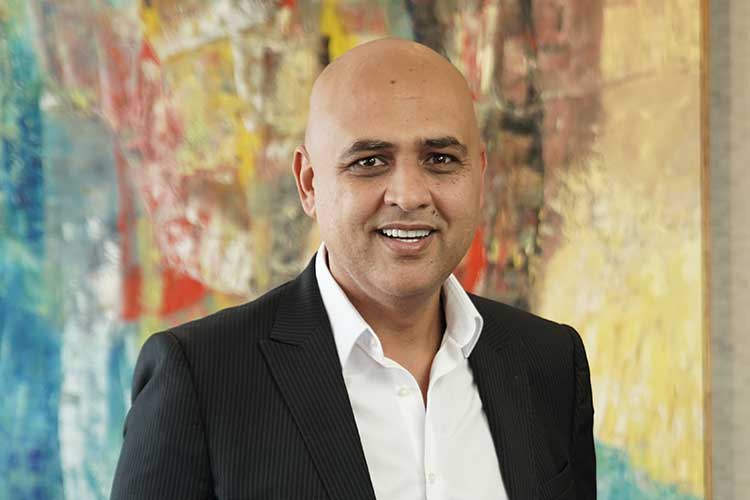

Ayman Youssef, Managing Director, Coldwell Banker UAE, shares his insights on the importance of balancing progress with sustainability

In recent years, the United Arab Emirates (UAE) has emerged as a global leader in sustainable development, particularly within its real estate sector. As the region experiences rapid urbanisation and economic growth, there is a growing recognition of the importance of balancing progress with environmental stewardship and social responsibility.
The traditional landscape of the UAE real estate, characterised by opulent skyscrapers and lavish developments, is undergoing a profound transformation. With increasing concerns about climate change and resource reduction, developers, investors, and policymakers are embracing sustainable practices to create more resilient and eco-friendly built environments.
According to the Emirates Green Building Council, the UAE aims to have 25% of its buildings certified as green buildings by 2030, reflecting a significant commitment to sustainable development within the real estate sector.
One of the cornerstones of sustainable development in UAE real estate is the adoption of green building initiatives. Developers are integrating energy-efficient designs, renewable energy sources, and environmentally-friendly materials into their projects. From solar panels enhancing rooftops to smart technologies optimising energy consumption, these initiatives are not only reducing carbon footprints but also lowering operational costs for building owners and occupants.
Statistics from the Dubai Electricity and Water Authority (DEWA) reveal that buildings certified under the Green Building Regulations and Specifications have achieved energy savings of up to 50%, water savings of up to 40%, and overall cost savings of up to 30%.
Beyond individual buildings, there's a growing emphasis on fostering sustainable communities that prioritise social well-being and inclusivity. Mixed-use developments are becoming increasingly popular, blending residential, commercial, and recreational spaces to create vibrant urban hubs where residents can live, work, and play.
According to a report by JLL, mixed-use developments accounted for 56% of total retail space in the UAE in 2023, indicating a significant shift towards more sustainable and integrated urban environments.
In a region known for its arid climate, water scarcity is a significant concern. Sustainable development in the UAE real estate segment is addressing this challenge through innovative water management strategies. From water-efficient fixtures and irrigation systems to wastewater recycling and desalination technologies, efforts are underway to minimize water consumption and preserve precious resources for future generations.
DEWA reports that the adoption of water-efficient fixtures and technologies in buildings has resulted in a cumulative water savings of over 28 billion gallons since 2010.
Government initiatives and incentives play a crucial role in driving sustainable development in UAE real estate. The UAE's Vision 2021 and Vision 2030 agendas outline ambitious sustainability goals, providing a roadmap for developers and investors to follow. Incentive programs such as green building certifications, tax incentives for renewable energy projects, and streamlined permitting processes for sustainable developments are encouraging stakeholders to prioritize sustainability in their projects.
According to the UAE Green Agenda, the government has allocated over AED 600 billion towards sustainable development initiatives, demonstrating a significant financial commitment to advancing sustainability across various sectors, including real estate.
While significant progress has been made, challenges remain on the path to sustainable development in the UAE real estate. Balancing economic growth with environmental conservation, overcoming cultural norms favouring conspicuous consumption, and ensuring affordability of sustainable housing are among the key challenges facing the sector.
However, these challenges also present opportunities for innovation and collaboration. By harnessing the collective expertise of developers, investors, government agencies, and communities, the UAE has the potential to become a global model for sustainable real estate development.
Sustainable development is no longer just a buzzword in the UAE real estate; it's a guiding principle shaping the future of the sector. With a commitment to environmental stewardship, social responsibility, and economic resilience, the UAE is paving the way for a more sustainable and prosperous future for its residents and the planet.